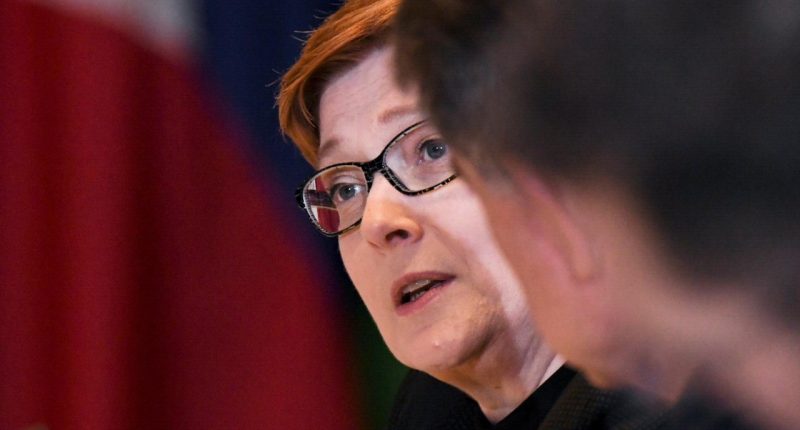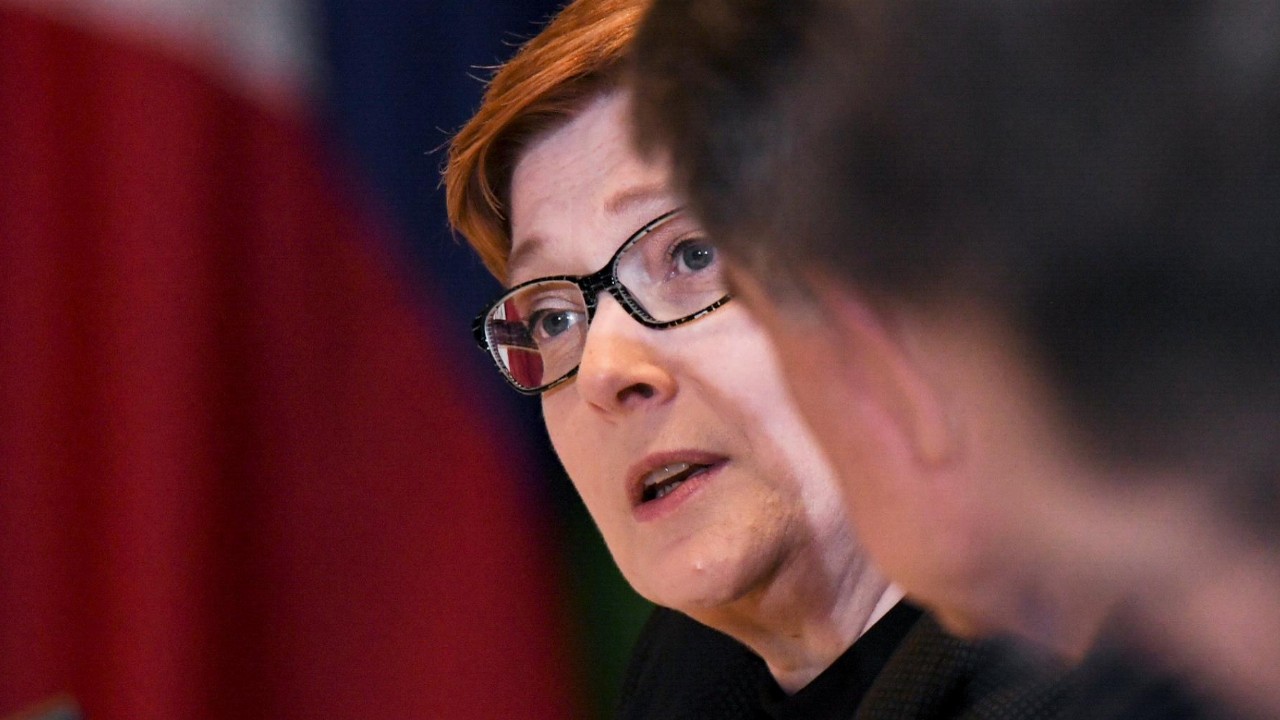- Beijing has warned of “further damage to bilateral relations” after two deals made by Victoria with China under the Belt and Road Initiative were cancelled on Wednesday
- According to a new process implemented in December, Foreign Minister Marise Payne has the power to review deals struck with other nations by the country’s states and universities
- The Belt and Road Initiative aims to strengthen Beijing’s economic leadership through an extensive program of infrastructure building
- China has argued that the cancellations are “another unreasonable and provocative move taken by the Australian side against China”
- According to Payne, states, local governments and publicly funded universities have informed her of more than 1000 foreign deals in total
Beijing has warned of “further damage to bilateral relations” after two deals made by Victoria with China under the Belt and Road Initiative were cancelled on Wednesday.
According to a new process implemented in December amid a worsening diplomatic spat between the two countries, Foreign Minister Marise Payne has the power to review deals struck with other nations by the country’s states and universities.
Payne said she has decided to cancel four deals in total — including two that were agreed between Victoria and China in 2018 and 2019 — pursuant to the Belt and Road Initiative, Chinese President Xi Jinping’s sweeping trade and infrastructure plan.
Also known as the One Belt, One Road (OBOR) scheme, it aims to strengthen Beijing’s economic leadership through an extensive program of infrastructure building across China’s neighbouring regions.
Many foreign policy analysts have viewed the initiative largely through a geopolitical lens, arguing that it’s an attempt by China to gain political leverage over its neighbours.
“I consider these four arrangements to be inconsistent with Australia’s foreign policy or adverse to our foreign relations,” Payne said in a statement.
China’s embassy in Australia fired back, voicing its “strong displeasure and resolute opposition” to the cancellations made late on Wednesday.
“This is another unreasonable and provocative move taken by the Australian side against China,” it said. “It further shows that the Australian government has no sincerity in improving China-Australia relations.”
Ties between the two countries were first frayed in 2018, when Australia became the first country to publicly ban Chinese tech giant Huawei from its 5G network.
Relations then worsened last year after Canberra called for an independent inquiry into the origins of the COVID-19 pandemic.
Australia’s latest move “is bound to bring further damage to bilateral relations, and will only end up hurting itself,” the Chinese embassy added.
While Prime Minister Scott Morrison and his predecessor Malcolm Turnbull had both previously declined to agree to a country-level MOU with. China under the Belt and Road Initiative, Victorian Premier Daniel Andrews saw fit to signing deals with China’s National Development and Reform Commission.
Some countries have expressed concerns that the lending involved in the scheme could lead to unsustainable debt levels in developing nations, particularly in the Pacific islands region.
That said, Morrison has denied that Payne’s new power is directed at China, which has long been Australia’s longest trading partner.
According to Payne, states, local governments and publicly funded universities have informed her of more than 1000 foreign deals in total.







